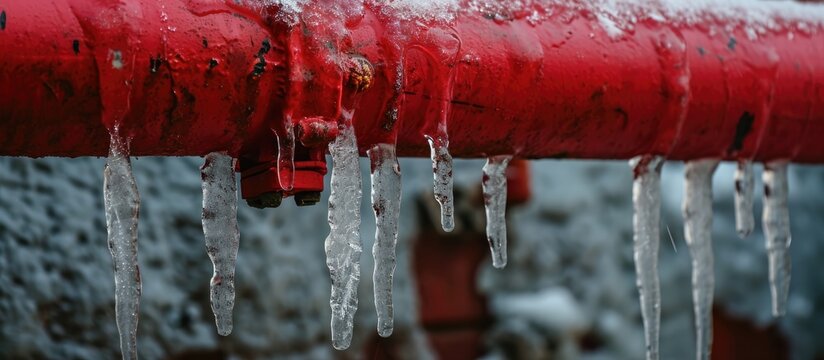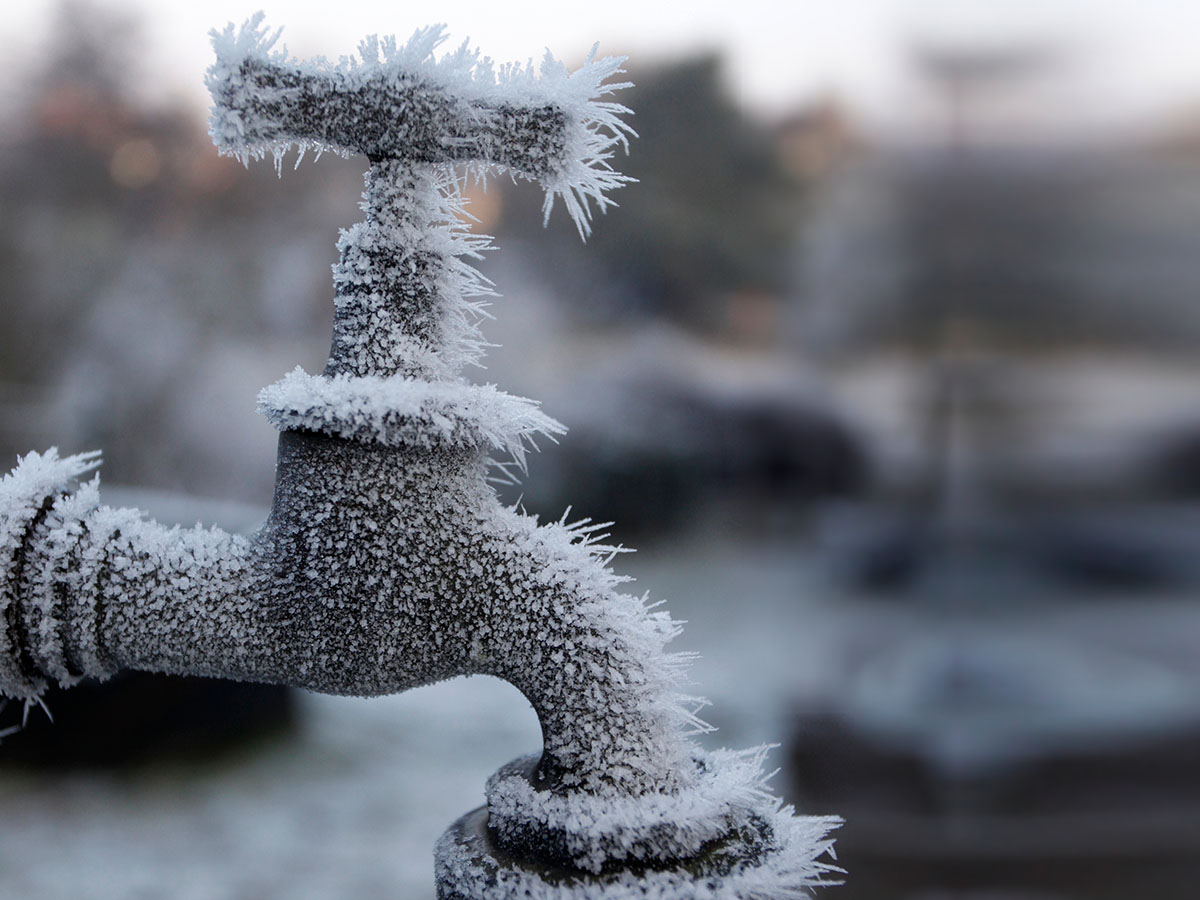Ways to Defend Your Pipes from Freezing: Professional Tips
Ways to Defend Your Pipes from Freezing: Professional Tips
Blog Article
Any individual will have his or her own idea in relation to How To Avoid Freezing Pipes.

Cold weather can wreak havoc on your pipes, specifically by freezing pipelines. Right here's exactly how to prevent it from happening and what to do if it does.
Intro
As temperature levels decrease, the risk of icy pipes increases, possibly causing expensive repairs and water damages. Comprehending how to stop icy pipes is essential for home owners in chilly environments.
Comprehending Icy Pipes
What creates pipelines to ice up?
Pipelines ice up when revealed to temperature levels listed below 32 ° F (0 ° C) for extended durations. As water inside the pipelines freezes, it increases, taxing the pipe wall surfaces and potentially triggering them to burst.
Risks and damages
Icy pipes can cause supply of water disturbances, home damages, and pricey repairs. Burst pipes can flood homes and cause comprehensive structural damage.
Signs of Frozen Pipeline
Determining frozen pipes early can prevent them from breaking.
Just how to recognize icy pipes
Look for decreased water flow from faucets, uncommon smells or noises from pipes, and noticeable frost on revealed pipes.
Prevention Tips
Protecting at risk pipelines
Wrap pipes in insulation sleeves or utilize warm tape to secure them from freezing temperature levels. Concentrate on pipelines in unheated or external locations of the home.
Heating strategies
Keep indoor areas properly warmed, particularly areas with pipes. Open up cupboard doors to permit warm air to flow around pipes under sinks.
Shielding Exterior Pipes
Yard tubes and outdoor faucets
Disconnect and drain garden hose pipes prior to wintertime. Install frost-proof spigots or cover outdoor faucets with shielded caps.
What to Do If Your Pipelines Freeze
Immediate actions to take
If you think icy pipes, maintain taps open up to alleviate pressure as the ice melts. Use a hairdryer or towels taken in warm water to thaw pipelines slowly.
Long-Term Solutions
Structural adjustments
Consider rerouting pipelines far from exterior walls or unheated locations. Add extra insulation to attic rooms, basements, and crawl spaces.
Upgrading insulation
Buy top notch insulation for pipes, attic rooms, and walls. Proper insulation assists maintain regular temperatures and lowers the danger of icy pipes.
Conclusion
Avoiding frozen pipes needs positive procedures and fast actions. By comprehending the reasons, indications, and preventive measures, home owners can secure their plumbing throughout cold weather.
Helpful Tips to Prevent Frozen Pipes this Winter
UNDERSTANDING THE BASICS: WHY PIPES FREEZE AND WHY IT’S A PROBLEM
Water freezing inside pipes is common during the winter months, but understanding why pipes freeze, and the potential problems it can cause is crucial in preventing such incidents. This section will delve into the basics of why pipes freeze and the associated problems that may arise.
THE SCIENCE BEHIND FROZEN PIPES
When water reaches freezing temperatures, it undergoes a physical transformation and solidifies into ice. This expansion of water as it freezes is the primary reason pipes can burst. As the water inside the pipe freezes, it expands, creating immense pressure on the walls. If the pressure becomes too great, the pipe can crack or rupture, leading to leaks and water damage.
FACTORS THAT CONTRIBUTE TO PIPE FREEZING
Low Temperatures: Extremely cold weather, especially below freezing, increases the risk of pipes freezing. Uninsulated or Poorly Insulated Pipes: Pipes located in unheated areas, such as basements, crawl spaces, or attics, are more prone to freezing. Insufficient insulation or lack of insulation altogether exacerbates the problem. Exterior Wall Exposure: Pipes running along exterior walls are susceptible to freezing as they encounter colder temperatures outside. Lack of Heating or Temperature Regulation: Inadequate heating or inconsistent temperature control in your home can contribute to frozen pipes. PROBLEMS CAUSED BY FROZEN PIPES
- Pipe Bursting: As mentioned earlier, the expansion of water as it freezes can cause pipes to burst, resulting in significant water damage.
- Water Damage: When pipes burst, it can lead to flooding and water damage to your property, including walls, ceilings, flooring, and personal belongings.
- Structural Damage: Prolonged exposure to water from burst pipes can compromise the structural integrity of your home, leading to costly repairs.
- Mold and Mildew Growth: Excess moisture from water damage can create a favorable environment for mold and mildew growth, posing health risks to occupants.
- Disrupted Water Supply: Frozen pipes can also result in a complete or partial loss of water supply until the issue is resolved.
WHY CERTAIN PIPES ARE MORE PRONE TO FREEZING
- Location: Pipes located in unheated or poorly insulated areas, such as basements, crawl spaces, attics, or exterior walls, are at higher risk of freezing.
- Exterior Pipes: Outdoor pipes, such as those used for irrigation or exposed plumbing, are particularly vulnerable to freezing as they are directly exposed to the elements.
- Supply Lines: Pipes that carry water from the main water supply into your home, including the main water line, are critical to protect as freezing in these lines can affect your entire plumbing system.
- Underground Pipes: Pipes buried underground, such as those connected to sprinkler systems or outdoor faucets, can be susceptible to freezing if not properly insulated.
https://busybusy.com/blog/helpful-tips-to-prevent-frozen-pipes-this-winter/

As a devoted person who reads about Helpful Tips to Prevent Frozen Pipes this Winter, I was thinking sharing that piece of content was important. Do you know about somebody who is looking into the topic? Why not promote it. We cherish reading our article about Helpful Tips to Prevent Frozen Pipes this Winter.
Quote & Schedule Report this page